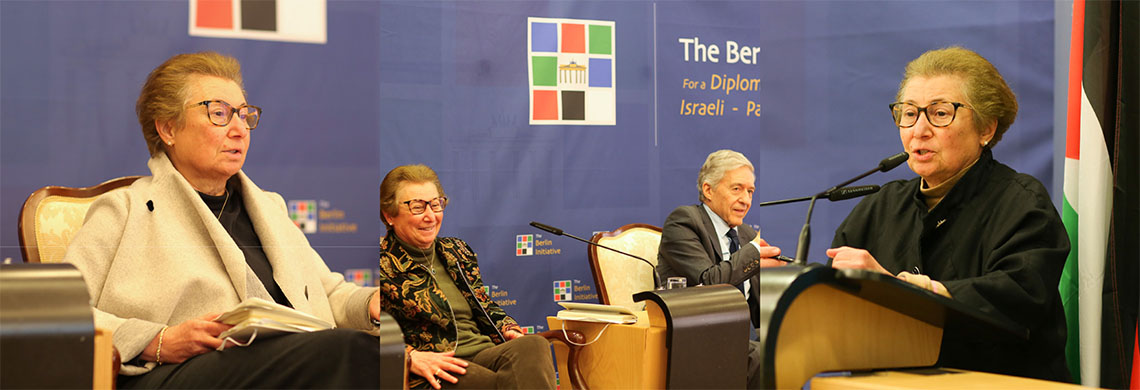The Paris Initiative
For a Diplomatic Solution to the Israeli-Palestinian Conflict”

Despite growing interdependence in some parts of the world, there remain major cultural, political, religious, and economic disputes across the world with deep-rooted historical experiences, from political conflicts at the international level to violent conflicts at the sub-national level. The de-escalation of these disputes and conflicts requires creative thinking and new approaches that take into account both the history of the divisions and the evolving global context within which they are set.
Since 1975, the development of Lebanon has been limited and slowed by a chain of political and military conflicts both within its borders and outside them that mark the unstable political situation up until today. Once one goes over the history of peace in our world, however, it is obvious that especially in these moments of fragmentation and violence, it is utterly vital to present diplomatic peaceful alternatives to the continuation and escalation of the conflict. Even, if at first sight, the chances of success of such alternatives look small, those alternatives must publicly exist and be strengthened. It is a principal that the Lebanese and its regional neighbours will always know and be certain that there are -at all times - those countries, institutions and individuals who understand the suffering of all sides and are campaigning and offering peaceful alternatives for the conflicts.
There is a wide understanding and belief that this current instability in Lebanon, like in many other serious conflicts around the world, and like it has happened many times in previous years in the history of Lebanon, will ultimately end up in some sort of a stability that will bring remedy and calm. It is for this reason that it is wise to start as early as possible to present the alternatives that can influence such a state of stability with the hope that one day soon it would be possible to adopt a peaceful alternative to the conflict.
In light of the importance of these issues and the urgent current global challenges taking place in Lebanon and Syria, as well as the deterioration in the relationships between the major super-powers, we have established the Paris Initiative in order to contribute to achieving sustainable solutions and strategies for securing stability.
The Paris Initiative will be a 10-year long project (2025-2035), headed by Prof. Hassan Diab (Prime minister of Lebanon 2020-21) and conducted by the ICD in partnership with global governance organizations, national governments, leading academic institutions and multinational corporations. The initiative is designed to serve as an influential peace-building actor with a specific focus on conflict resolution and reconciliation.
The Paris Initiative is therefore designed to support stability, development and prosperity in Lebanon. The Initiative will bring together senior politicians, diplomats, religious leaders, academics and other stakeholders from the USA, Europe, the Arab countries and other parts of the world in order to create advanced insights and to forge new alliances to support positive developments in Lebanon.












